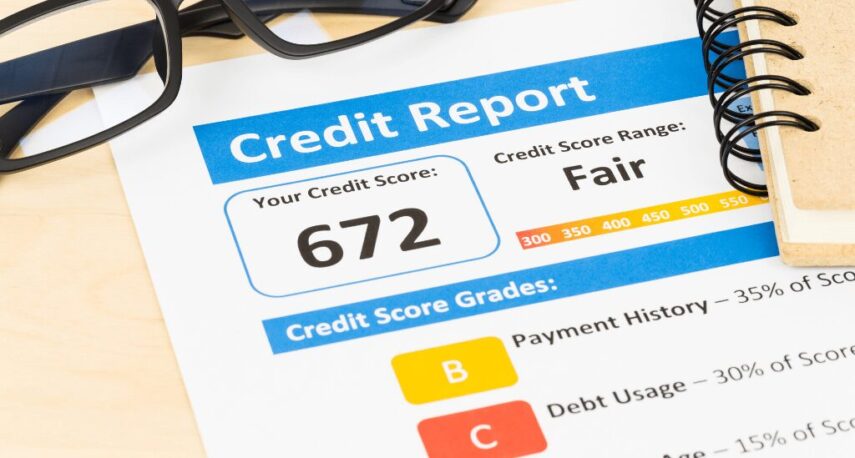Credit cards are a great way to manage your business’s finances. They come in handy when you need to make an emergency purchase, travel for work, or buy supplies out of town. However, it can be difficult figuring out which card is right for your needs.
The right credit card can help improve your business’s cash flow, build customer loyalty and give you the opportunity to manage expenses more efficiently. But with so many options available, how do you know which one is best for your business? We will take a look at what questions to ask yourself when choosing a credit card for your company.
Identify which type of credit card you need

- Business Charge Cards – A charge card is different from other cards because it requires full payment at the end-of-month or when the statement closes, whichever comes first. This makes them good options if cash flow is tight/or there’s no time to manage miles or points.
- Business Credit Cards – A credit card is the most common type of business financing, with flexible payment options and no up-front costs. The best ones will have low-interest rates, fees, rewards programs for your spending habits/and or free employee cards to encourage staff loyalty.
- Small Business Loans – If you are looking for a larger sum than what’s available through credit cards, loans are a good option because they offer more money at lower interest rates (than bank overdrafts) and let you pay it back over time as cash flow allows. Small businesses typically qualify for SBA loans via local banks that provide access to capital without sacrificing control of operations.
Check Your Personal Credit Score

Before applying for a business credit card, it’s important to understand your personal credit score. Your overall rating is determined by the same factors as consumer scores – payment history, loan/credit balances, and length of time at current address. Businesses with high cash flow tend to have higher ratings than those more reliant on financing options so you’ll want to factor this in when making your decision.
You can check your own free credit report from each bureau ( Experian Equifax or TransUnion ) every year via AnnualCreditReport .com; but beware that most “free” services require you to sign up today /monthly payments later schemes that will end up costing you money over the long term use. If possible, try checking out one bureau’s report/score for free to see what information is being used against you and how it’s all reported on your personal score.
Once the basics are under control, consider checking out a credit monitoring service that offers more advanced features like daily updates on any changes, alerts when certain actions have been taken (like applying for new lines of credit), or even round-the-clock access via smartphone. These can be pricey but may help you spot potential problems early – thus avoiding costly mistakes in the future.
Compare Costs and Savings

Most business credit cards will have a low or no annual fee, so there’s little reason not to sign up. As you know, Credit Card offers cashback but doesn’t charge an annual fee. Some even offer free employee cards which can encourage staff loyalty and increase productivity from remote employees. The best ones will also have rewards programs with cashback options – making them great for everyday expenses/business travel, etc…
But make sure these are worth your while by comparing rates against the competition (and national average) before committing; because some card issuers may be slow to lower their rates in response to market changes.
You should also consider any additional perks offered by each card – like free employee cards or 0% introductory APR offers – which can help reduce your company’s monthly expenses and increase profits. These won’t always be available so compare terms carefully before committing; but they may save thousands over time when combined with other benefits (like better rates on loans ) — making them well worth the effort.
Finally, consider how much you spend on business expenses each month compared to the total available credit limit. This will help determine whether it’s worth keeping an eye on your balance or if a revolving line of credit is more suitable instead. Most business cards have “floating” rates but may offer 0% APR for signup/first X months which can be beneficial – especially when used sparingly (like during busy seasons) and paid off in full before interest kicks in again. The best ones will also include information about recommended spending limits per category so that you never go over budget — thus avoiding any nasty surprise fees from exceeding your approved lines of credit
If possible, try checking out one bureau’s report/score for free to see what information is being used against you and how it’s all reported on your personal score.
Bottom Line
Business credit cards can be a great way to help your company grow, but they aren’t for everyone. You need to make sure you are picking the right card for your needs and taking advantage of the features that will offer you the best value. The first thing you should do is identify which type of card you need – rewards, balance transfer, or cash back? Next, take a look at your personal credit score to see what level of risk this may pose. Once that’s done it’s time to examine the needs of your business and compare costs and savings against each other. Are there any specific requirements like no international transactions or 24-hour customer service? If so then narrow down your choices by asking these questions about features when comparing. And then, you can apply for a credit card, which is simply and affordably explained at https://dressthat.com.
Related Posts:
- How to Choose a Graphics Card? GPU Battles For The…
- How to Choose the Right Air Cargo Carrier for Business Needs
- How Bad Credit Affects Opening a Business Account?
- How to Choose the Right Type of Flower Arrangement…
- How to Choose A CPU Cooler? - Guide to Buy Right…
- How Hard Is It to Choose the Right Bella and Canvas Shirts?







